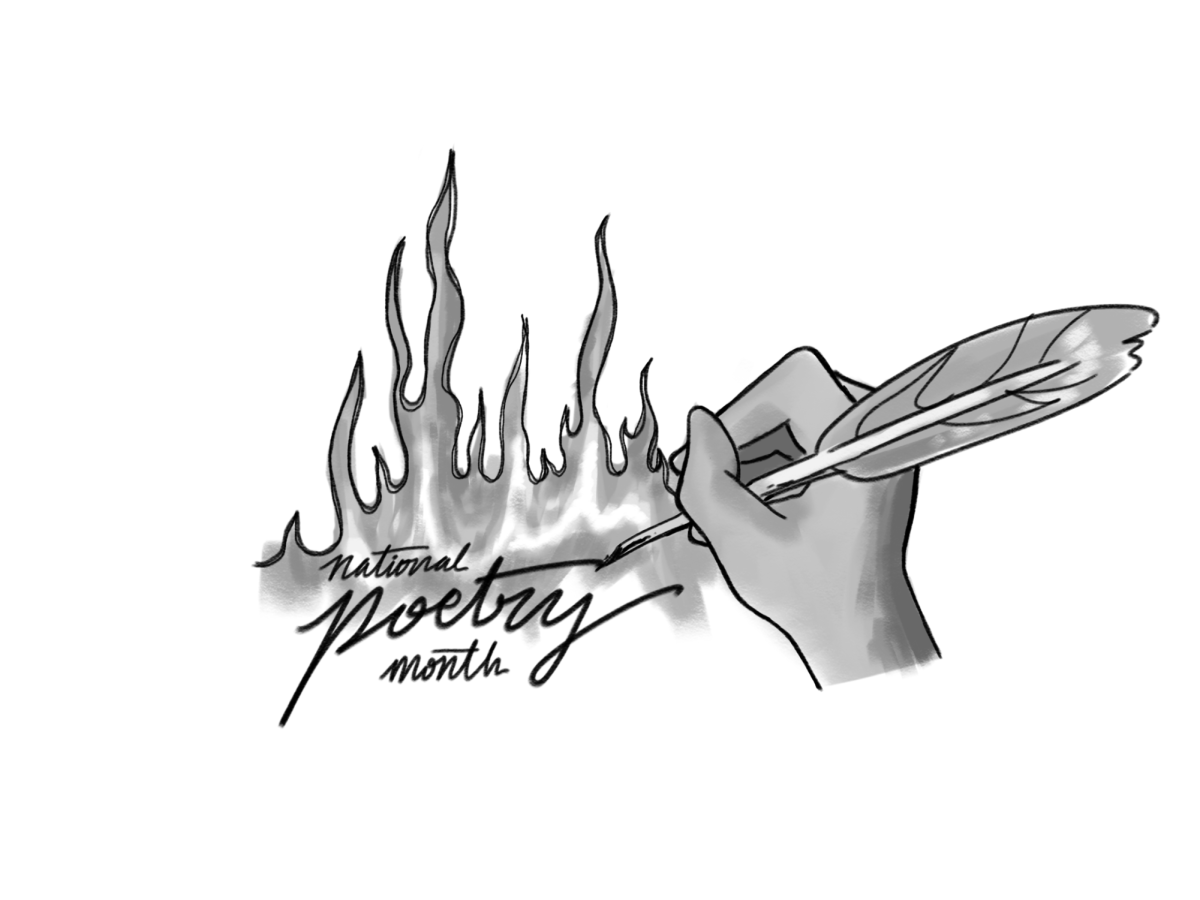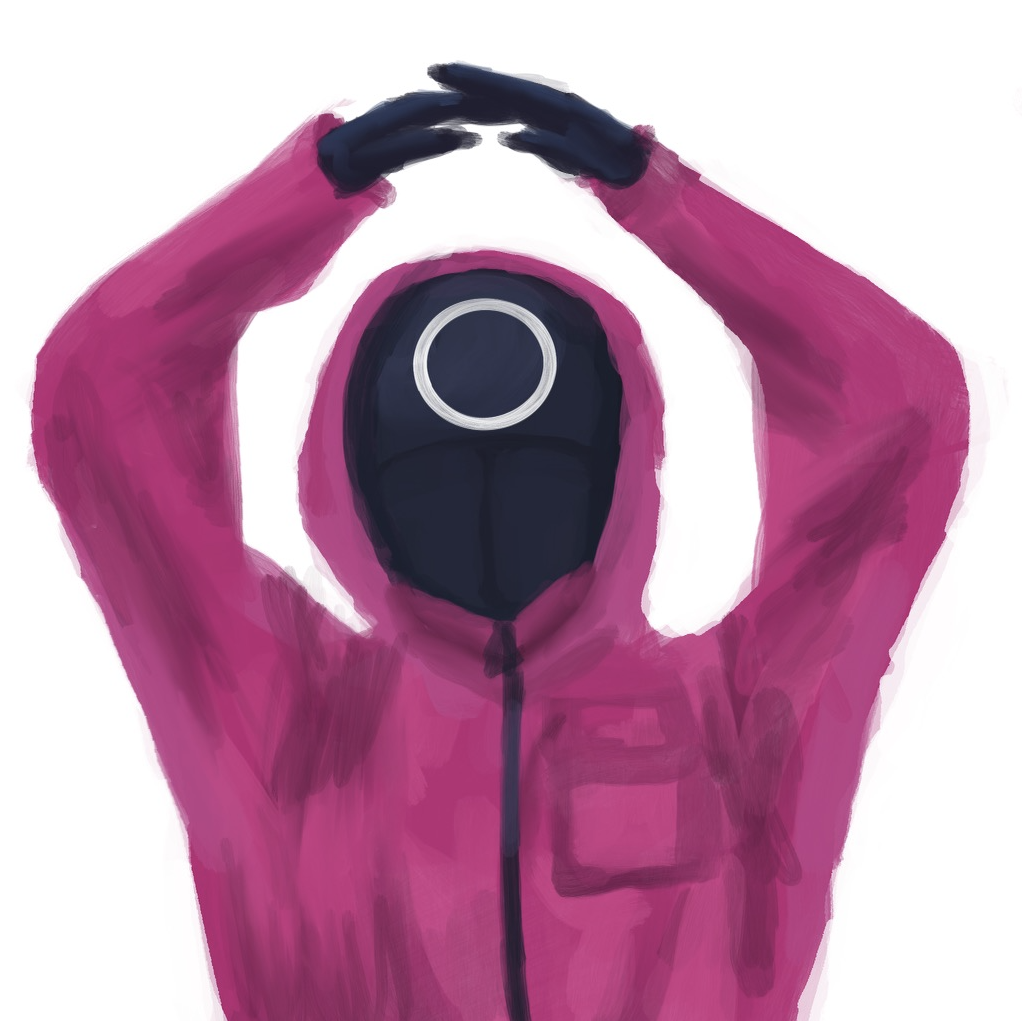‘Writers Guild on Strike! Turns Out, the Thing Doesn’t Write Itself’ a sign loudly declares, held up by a striking screenwriter. The sign’s words ring true: without their currently striking writers and actors, the ‘things’ in question— our most anticipated film and TV releases of 2023 and 2024– have been postponed or delayed indefinitely.
From Zendaya’s tennis film Challengers to the fifth season of Netflix’s megahit Stranger Things, film and television production across America has come to a grinding halt. Why have our favorite shows and films been delayed? The answer is an expansive strike by the screenwriters of the Writers Guild of America (WGA) and the actors of the Screen Actors Guild– American Federation of Television and Radio Actors (SAG-AFTRA) over labor disputes with the Alliance of Motion Picture and Television Producers, representing Hollywood’s major film and television studios. The WGA started to strike on May 2, 2023 and was joined on July 14 by SAG-AFTRA, marking the first joint strike between the two unions in sixty years. Although the WGA reached a deal with AMPTP on September 27, SAG continues to strike for their working conditions to be met.
Writers and actors alike have fought for a deal with studios that will implement restrictions on artificial intelligence and ensure better financial compensation from the newer streaming service model, among other issues. With the rapid expansion of technology, all industries have been revolutionized, and the film and television industries are no different. Artificial Intelligence has threatened to replace screenwriters’ jobs with its ability to rapidly produce new, complex scripts – without the need for pay. Likewise, AI’s usage of the likeness of actors can threaten their livelihood. The streaming service model has also changed the television and film industry, yet the financial compensation of actors and writers has not been updated to reflect this newer model. The major studios claim the increased wages the unions are bargaining for are unfeasible financially, which is considered to be one of the main reasons pre-strike negotiations broke down and film and television production has mostly halted.
However, not all production has been shut down. Smaller independent studios, such as A24, have agreed to the unions’ wage and other demands. As a result, several independent film projects have been approved for production, including those starring high-profile actors like Jenna Ortega and Anne Hathaway. Along with this, popstar Taylor Swift – a member of SAG-AFTRA herself – has easily agreed to union demands, allowing her to produce and release a concert film documenting her historic Eras Tour. The question remains: if the unions’ demands are as unreasonable and as financially infeasible as major studios claim they are, why have smaller— less profitable — studios been able to agree to these demands so easily while those bigger and more lucrative studios have not been able to?
Challengers, Deadpool 3, Spiderman: Beyond the Spider-Verse, and Dune: Part Two are among the many films delayed by the strikes; postponed new seasons of television shows include those of Stranger Things, The Last of Us, Abbott Elementary, Wednesday, and Yellowjackets.
The general public has strongly supported the WGA and SAG-AFTRA strikes, drumming up support both on social media and in real life. Audiences have indicated their willingness to wait in order for writers and actors to secure better deals with studios.
CHS senior Shayna Mitchell said, “If [shows] get delayed for a little, that sucks but I would rather have these actors and writers get a fair deal and not have their jobs taken away from them.”
Although the writers’ strike has concluded with a fair deal, SAG remains on the picket line; we may not see our favorite films and shows for quite some time, but the sacrifice is undoubtedly worth it for writers and actors to be properly compensated.





















